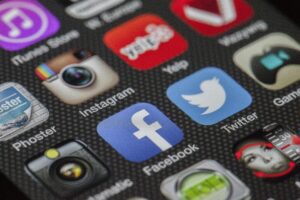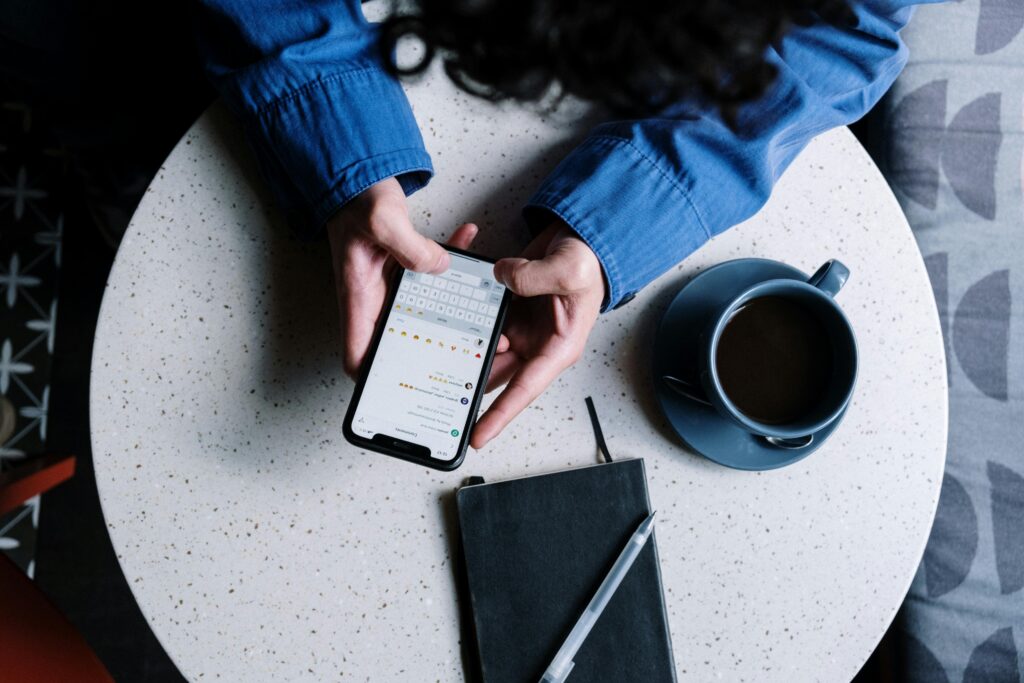
The Impact of Social Media on Students’ Mental Health and Academic Performance
Social media has become an integral part of students’ daily lives, offering communication, entertainment, and educational resources. However, its influence on mental health and academic performance is a growing concern. While social media provides opportunities for collaboration and learning, excessive use can lead to negative psychological and academic outcomes.
Effects on Mental Health
- Increased Anxiety and Depression
- Constant exposure to curated content can lead to comparisons and feelings of inadequacy.
- Cyberbullying and online harassment contribute to stress and emotional distress.
- Excessive screen time disrupts sleep patterns, further exacerbating mental health issues.
- Reduced Attention Span and Focus
- Frequent notifications and the urge to check social media distract students from academic tasks.
- Short-form content consumption conditions the brain for quick information processing, making it harder to engage in deep learning.
- Social Isolation vs. Connectivity
- While social media enables connectivity with peers and support networks, it can also lead to real-world social withdrawal.
- Overreliance on virtual interactions may reduce face-to-face communication skills and emotional intelligence.

Effects on Academic Performance
- Disrupted Study Habits
- Time spent scrolling through feeds reduces time available for studying and assignments.
- Multitasking between social media and coursework decreases productivity and retention of information.
- Decline in Academic Performance
- Studies suggest a correlation between excessive social media use and lower grades.
- Poor sleep quality, due to late-night social media engagement, negatively affects cognitive function and academic performance.
- Potential for Educational Benefits
- Social media can serve as a platform for academic collaboration, knowledge sharing, and networking with experts.
- Online study groups and educational content on platforms like YouTube can enhance learning experiences.
Finding a Balance
- Implementing digital detox routines can help students manage screen time and prioritize mental well-being.
- Encouraging time management strategies, such as designated study hours and app usage limits, promotes academic success.
- Universities and schools should offer guidance on responsible social media usage and mental health awareness.
Conclusion
Social media’s impact on students is multifaceted, influencing both their mental well-being and academic performance. While it offers numerous benefits, overuse can lead to negative consequences. Striking a balance between online engagement and offline responsibilities is key to fostering a healthy and productive academic environment.
For expert guidance on selecting the ideal course and navigating university applications, explore our services at Future First Higher Education, where we specialize in helping students achieve their career goals with tailored support and advice.


